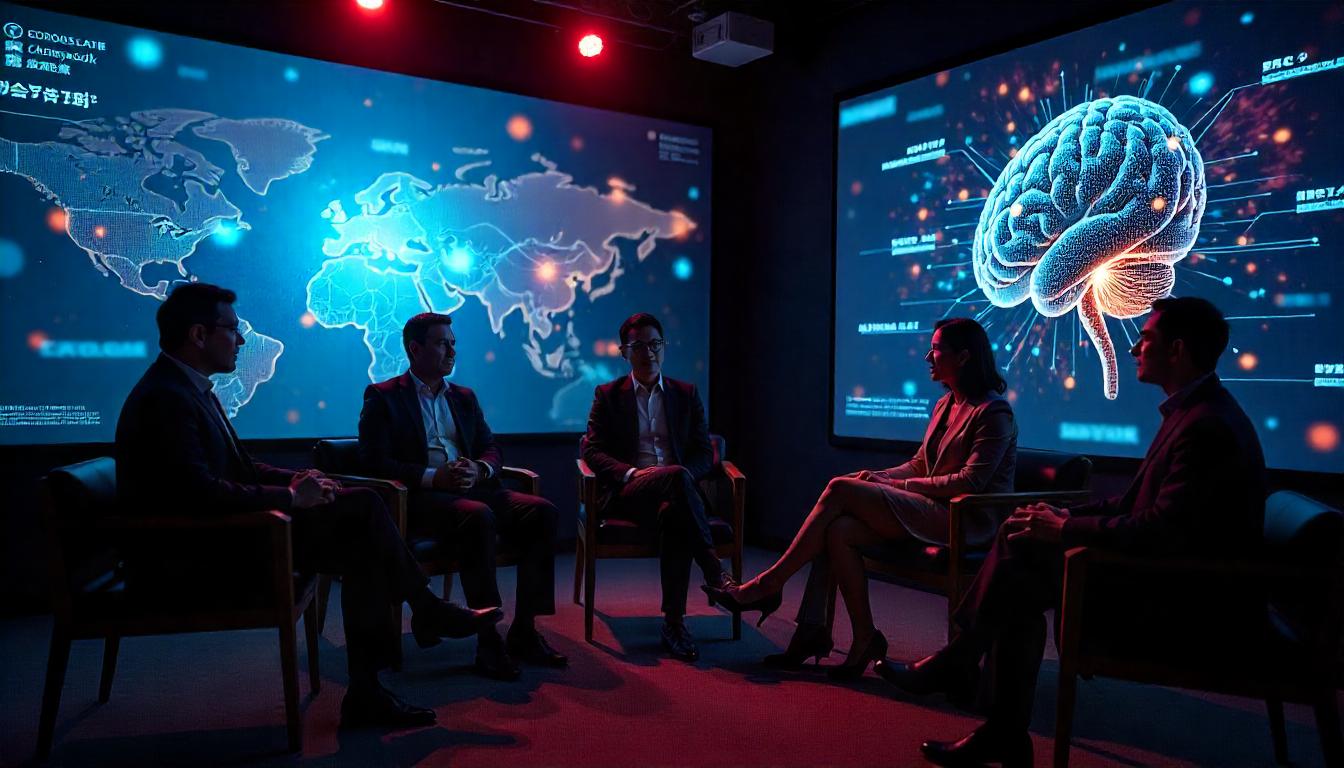Artificial Intelligence, known as AI, might feel like a recent innovation, but its origins go back centuries. From ancient legends of mechanical beings to advanced systems transforming our lives today, AI’s story is one of creativity and relentless progress. Let’s explore how AI evolved into the powerful force it is now.
Ancient Concepts and Early Foundations
- Myths and Mechanical Wonders:
Even in ancient times, humans were captivated by the idea of artificial beings capable of thought or movement. Tales of animated statues and mechanical contraptions reflected humanity’s longstanding curiosity about creating life-like intelligence. - Roots in Math and Logic (1800s – Early 1900s):
The groundwork for AI was laid in mathematics and logic. George Boole developed Boolean algebra in the 19th century, establishing the principles behind digital computation. In the 1930s, Alan Turing introduced the concept of a “universal machine,” a core idea that would pave the way for computers and AI.
AI’s Early Days as a Discipline (1950s – 1960s)
- The Turing Test (1950):
Alan Turing’s paper “Computing Machinery and Intelligence” posed the provocative question: Can machines think? He proposed the Turing Test to evaluate a machine’s ability to imitate human conversation convincingly. - Birth of the Field at Dartmouth (1956):
Regarded as AI’s official beginning, the Dartmouth Conference brought together innovators like John McCarthy, Marvin Minsky, and Allen Newell, who explored how machines might replicate human thought. - Pioneering Programs:
Early AI experiments produced programs like Logic Theorist (1955) and General Problem Solver (1957), with researchers believing they were on the brink of achieving human-level intelligence.
Cycles of Hype and Setbacks (1970s – 1980s)
- From Optimism to Disillusionment:
Despite high expectations, early AI systems struggled with complex, real-world scenarios. Funding and interest declined during periods referred to as “AI winters.” - Emergence of Expert Systems:
The 1980s saw AI’s revival through expert systems—software designed to emulate expert human knowledge in specific fields like healthcare or finance. However, their costs and rigidity eventually led to another wave of skepticism.
Machine Learning Rises (1990s – 2000s)
- A Move Toward Data:
Researchers pivoted toward Machine Learning, focusing on algorithms capable of learning from data rather than relying solely on programmed rules. - Major Achievements:
A landmark moment came in 1997 when IBM’s Deep Blue triumphed over world chess champion Garry Kasparov, showcasing AI’s potential in strategic thinking and problem-solving.
The Deep Learning Era (2010s – Present)
- Neural Networks Reimagined:
Neural networks, inspired by how the brain functions, gained prominence again thanks to massive data availability and powerful computing. This resurgence led to the development of Deep Learning. - AI Becomes Part of Everyday Life:
Today, AI powers countless tools in our daily lives, from virtual assistants like Alexa and Siri to facial recognition, translations, and personalized recommendations. - Significant Breakthroughs:
- AlexNet revolutionized computer vision in 2012.
- AlphaGo’s 2016 victory over Go champion Lee Sedol proved machines could master incredibly complex tasks.
- Generative AI models like GPT-3 and beyond can now produce text, art, and code that often rival human output.
Looking Toward AI’s Future
AI continues to advance at an astounding pace. Researchers are pursuing artificial general intelligence (AGI), grappling with ethical considerations, and exploring how AI might redefine industries, creativity, and society at large. Though true human-level intelligence remains elusive, the progress so far has been remarkable.
From mythical automata to modern systems generating music, art, and complex analysis, AI’s history is a testament to human vision and technological ingenuity—and its journey is far from complete.
Stay Tuned!
Keep reading our blog for more insights into AI technologies, their ethical challenges, and how this transformative field is shaping tomorrow’s world.
Share this content:




